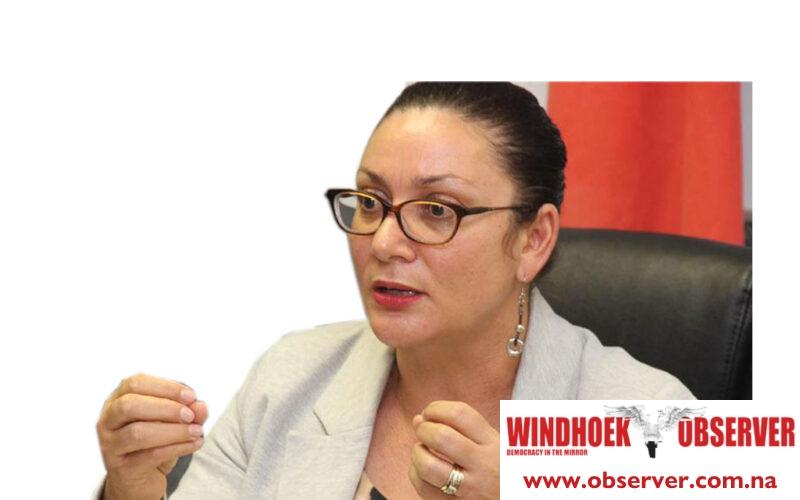Niël Terblanché
The Ministries of Education, Arts and Culture (MoEAC) and Higher Education, Technology and Innovation (MHETI) are preparing to launch the Project Charter, an implementation guide for recommendations made during the 2022 National Conference on Education (NCE).
According to a statement released by the ministry of education, the charter seeks to mobilise resources and commitment from various stakeholders to drive the transformation of Namibia’s education system.
The NCE, held in August 2022, came at a time of significant global educational disruption, largely triggered by the COVID-19 pandemic.
The event was linked to the global Transforming Education Summit (TES) for Heads of State, convened by UN Secretary-General, António Guterres in New York in September 2022.
The New York Summit focused on the pressing educational challenges faced worldwide and sought to identify best practices to improve education outcomes.
Namibia’s NCE had a broad scope, focusing on a variety of critical issues within the education system.
These included improving inclusivity and quality, addressing the learning gaps exacerbated by the pandemic, and transforming education to meet the needs of all Namibians, including disadvantaged and marginalised learners.
At the time of the conference in Namibia, the Executive Director of Education, Sanet Steenkamp, stressed the need to address the “widening learning gap among learners from different socio-economic backgrounds,” a problem intensified by the closures of schools during the pandemic.
A key outcome of the NCE was the development of specific recommendations aimed at aligning Namibia’s education system with global best practices while ensuring that no learner is left behind.
These recommendations include enhancing financing for education, improving teacher quality, expanding access to digital learning tools, and strengthening the overall management of educational institutions.
According to the education ministry’s statement, the Project Charter, set to be unveiled later this week, will serve as the blueprint for implementing these recommendations.
Through this guide, the two ministries aim to mobilise resources from local and international partners, including the private sector, NGOs, and development agencies.
The involvement of stakeholders such as Friends of Education is seen as vital to ensuring the success of the education transformation efforts.
During the launch, policymakers, education practitioners, and representatives from various sectors are expected to deliberate on the progress made since the NCE.
Their discussions will focus on Namibia’s commitment to achieving the 2030 Agenda for Sustainable Development, particularly SDG4, which seeks to ensure inclusive and equitable quality education for all.
Namibia’s education system has faced several challenges over the past few years, from resource shortages to the negative impact of the COVID-19 pandemic.
The education ministry expects that with the launch of the Project Charter and the mobilisation of political will and resources, the country will be able to build a resilient and future-ready education system.




